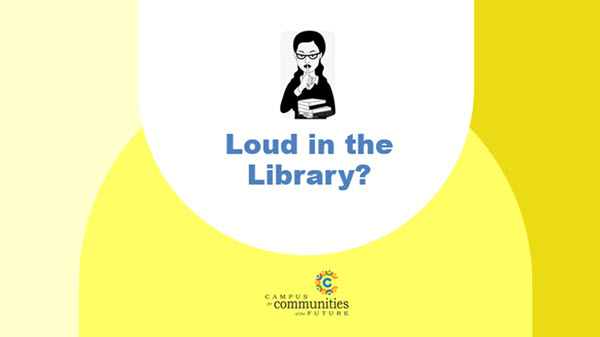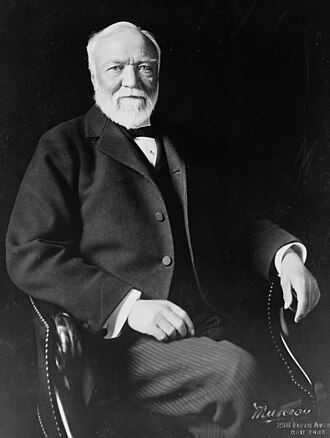Seriously, Loud in the Library?

The library in my hometown of Welland, Ontario kicked off the new year with a special event called Loud in the Library.
No kidding. It was a free community event offering live music performances that had participants singing and dancing among the stacks of books! Even better, there was free pizza and snacks.
If I didn’t already love my library, I love it even more now, knowing their leadership is reflecting our changing times.
I was born and raised in a relatively large family of seven. While we never went hungry, there wasn’t a lot of money left over for recreation and social activities.
As a result, one of my most important activities was a weekly trip to the downtown public library.
While I can’t imagine kids doing it in this day and age, beginning at the age of eight, each Saturday morning I would clamber aboard the city bus and ride to the downtown St. Catharines Public Library.
Built in 1901, it was one of the 125 libraries built in Canada by Andrew Carnegie — the well-known U.S. industrialist and philanthropist who provided what was then a not-so-insignificant $20,000 for the build. Two local businessmen purchased and donated the land.
Carnegie believed in books and the opportunities they provided, seeing them as the universities anyone could attend.

Libraries were his strongest philanthropic initiative, driven by a deep belief in, and passion for, free education. He ultimately was responsible for creating 2,509 free public libraries around the world.
As a child I knew I was entering an important building, despite entering it through a side door to the basement where all the children’s books were housed. It was an imposing brick building, three stories high, square and solid with graceful and soaring pillars at the main entrance.
I always felt excited as I perused the stacks and stacks of books, never quite believing that I would be able to take home five books simply by producing my well-worn library card.
But perhaps just as important, that tranquil library provided me with an escape from an often-unhappy family, and a window to new and different worlds.
Along the way I became a better-informed citizen, improved my literacy to the point where in Grade 9 I was reading at a Grade 12 level, and got started on a journey that always made lifelong learning a priority.
Mastering the Dewey Decimal system also meant I could always find the resources I needed to succeed in school. Learning to read for pleasure has also meant I will never be bored.
Today I am still making use of libraries by downloading eBooks.
Yet, despite delivering these benefits, libraries and their value are being questioned, particularly as the internet has put so much information at our fingertips.
I find that rather sad.
As demonstrated by my own local libraries - one branch is now even located at the mall – they have many roles to play in today’s communities.
For children it is a magical, and affordable, place for learning, reading, talking, and having fun. It’s a place for after school knowledge and for summer programs.
For those who may be disadvantaged, it is also a critical economic equalizer, ensuring equal access to technology and information. Our library had two 3-D printers before many even knew what it was!
Students and job seekers can access computers for schoolwork, research, job searches, and more. Additionally, the homeless and the lonely can count on finding a safe and inviting sanctuary. In many libraries we’re also seeing the availability of healthy snacks.
Libraries are also responding to the criticism from those arguing that technology has made them obsolete by morphing into local information hubs that curate, house, and help us stay connected to ever-increasing amounts of data.
They are also serving an increasingly significant role as “third places” (in contrast to the first and second places of home and work), as neutral public places where people can gather and interact.
As a third place, libraries not only pull us away from our phones, computers and TVs, they provide a setting for grassroots politics, citizen involvement, and opportunities to express care and support for one another.
Like many others, I may have taken libraries for granted over the years. But, perhaps we all need to give some thought as to how we can do more to make sure they are preserved, protected, and encouraged to be innovative. They are organizations worthy of our tax revenue as well as our charitable donations.

Comments:
What a wonderful celebration of libraries and their evolving role in our communities! From offering live music and snacks to being vital educational and social hubs, libraries continue to adapt and thrive. They remain essential for learning, equality, and community engagement. Let’s all do our part to support and cherish these invaluable institutions!
•Posted by Techtrois on 05/25/24 at 01:55 AMNext entry: There’s Always Chocolate!
Previous entry: A Roadmap to Happiness & Well-being in 2024

 Brenda Herchmer is the owner of Grassroots Enterprises, a community development consulting company.
Brenda Herchmer is the owner of Grassroots Enterprises, a community development consulting company.